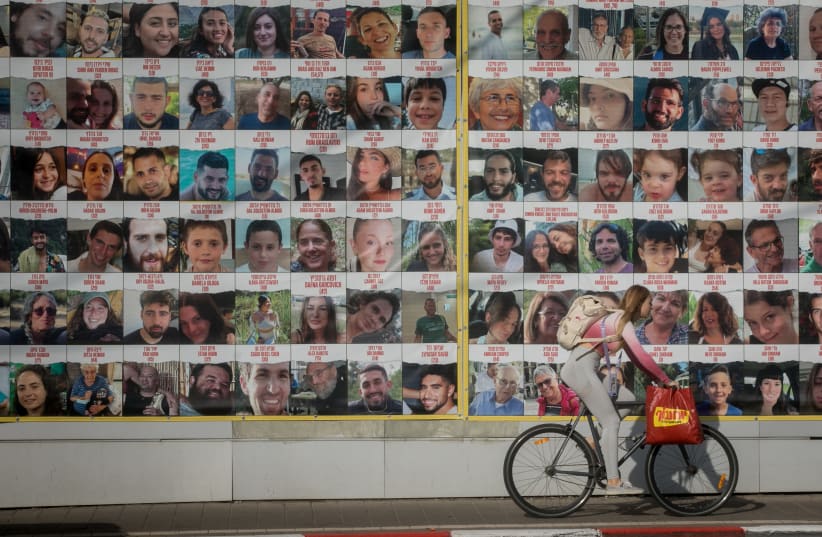A premature end to the war will leave a battered Hamas still intact and able to recover and regain its stranglehold on Gaza

As the Gaza war lumbers on through its third month, disagreements about its direction, goals, and even the measure of its success are coming into question with increasing frequency.
We Israelis may have wandered in the desert for 40 years. Still, we’re impatient people, especially when the lives of more than 130 hostages are at stake, as well as the well-being of thousands of soldiers currently battling through the tunnels and buildings of southern Gaza.
Their goals are twin: Eliminate the Hamas presence and leadership, and locate the hostages. Yet, according to some military experts, the likelihood of achieving both those goals is slim.
According to The Wall Street Journal, US sources estimate that Israel has killed 20% to 30% of Hamas forces in Gaza. Those figures, somewhat less than the Israeli assessment, are nothing to scoff at or declare a failure.
In three months, Israel has taken out about a third of Hamas. From the beginning, Prime Minister Benjamin Netanyahu said this war would not be six days or even three weeks. A year was mentioned as part of the painstaking process of dismantling tunnels in Gaza and going door-to-door in search of terrorists and the hostages.
The IDF seems to be on track with that yearlong framework. Between external pressure over the high civilian casualties in Gaza and internal pressures over the inability to free more hostages following the November ceasefire deal, however, it remains to be seen if Israel will be given the time to complete the task.
This is when the government must stand tough. Netanyahu did as much on Sunday when he rejected a plan to end the war, withdraw from Gaza, leave Hamas in control of the enclave, release all Palestinian prisoners who were involved in the October 7 massacre, and in return, receive the remaining hostages.
“I utterly reject the Hamas monsters’ capitulation terms,” Netanyahu said. “Were we to agree to this, our soldiers would have fallen in vain. Were we to agree to this, we would not be able to ensure the security of our citizens. We would be unable to restore the evacuees to their homes safely, and the next October 7 would be only a question of time.”
Risks of a premature end to the war
A premature end to the war will leave a battered Hamas still intact and able to recover and regain its stranglehold on Gaza and the Palestinians it has held hostage since 2006. And that’s something Israel can’t live with. Just ask Khaled Mashaal. The Hamas leader reiterated in an interview last week that post-October 7, “our Palestinian project is our right in Palestine from the sea to the river.”
The families of the hostages and their supporters are perfectly justified and correct in their ongoing protests and calls for a ceasefire and a deal to bring their loved ones home. Anyone with a family member who has been cruelly held captive for more than three months should be demanding action and accountability from their government.
A government must also look at the bigger picture, however, and in this case, it is the threat posed by Hamas that is the overriding factor in fueling this war.
The problem is a significant breach of trust regarding Netanyahu’s motives among a large population segment. We don’t know what they are, whether they are for country’s good, or for the survival of the government he leads, or to stave off the inevitable storm of blame that will likely sweep him away after the war.
If the current government was dissolved and new elections were held, there’s a good chance that the next prime minister would be someone other than Netanyahu – maybe Benny Gantz or Yair Lapid?
But despite the change at the helm or within the coalition’s makeup, the next prime minister would almost certainly adopt the same policy as Netanyahu: no withdrawal from Gaza and a continuation of fighting until Hamas is no longer in charge.
The IDF must be given time to carry out that mission in Gaza. But time is running out regarding the hostages. It’s up to the government, with Netanyahu as its leader or someone else, to stave off the pressure to accept a ceasefire while keeping the hostages’ return a top priority.
https://www.jpost.com/opinion/article-783254


